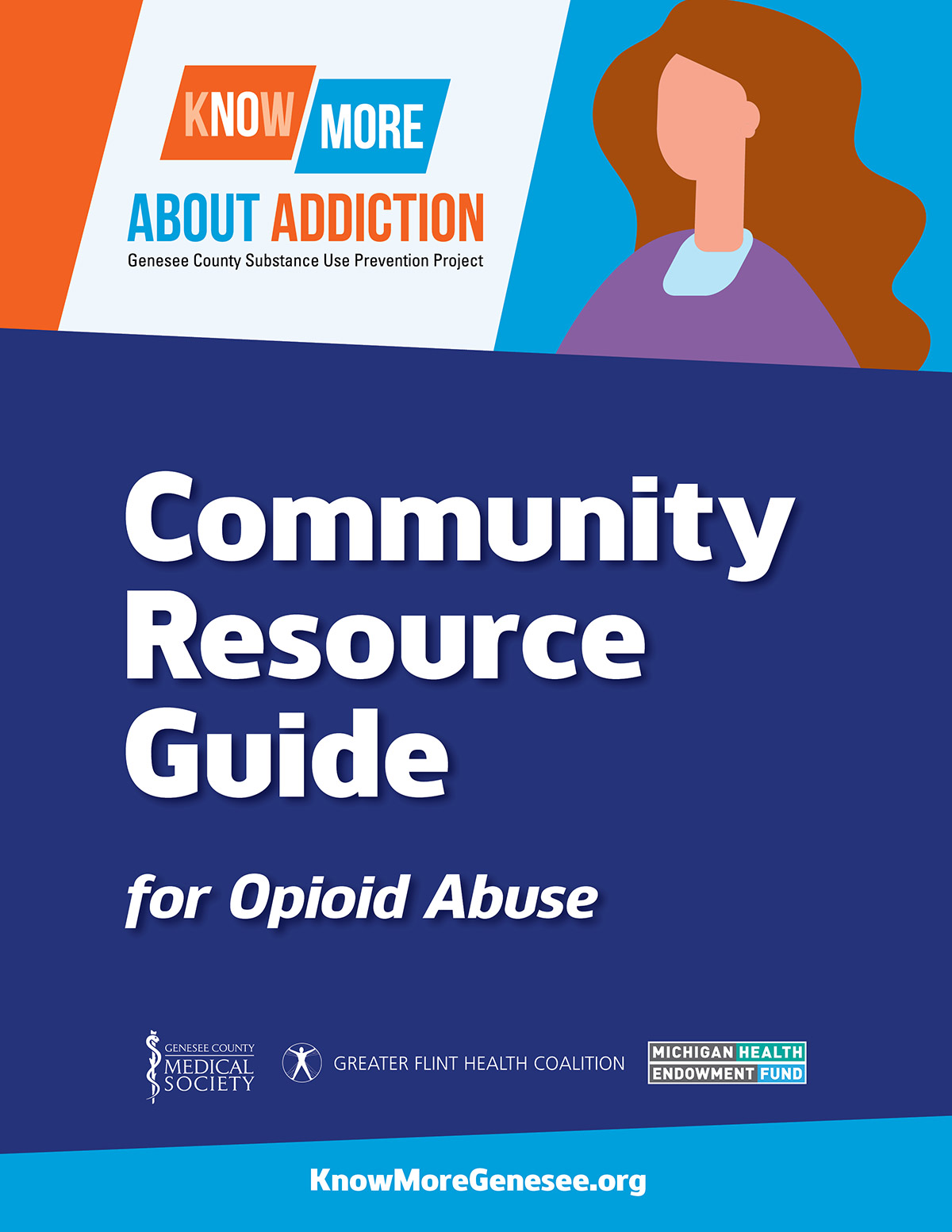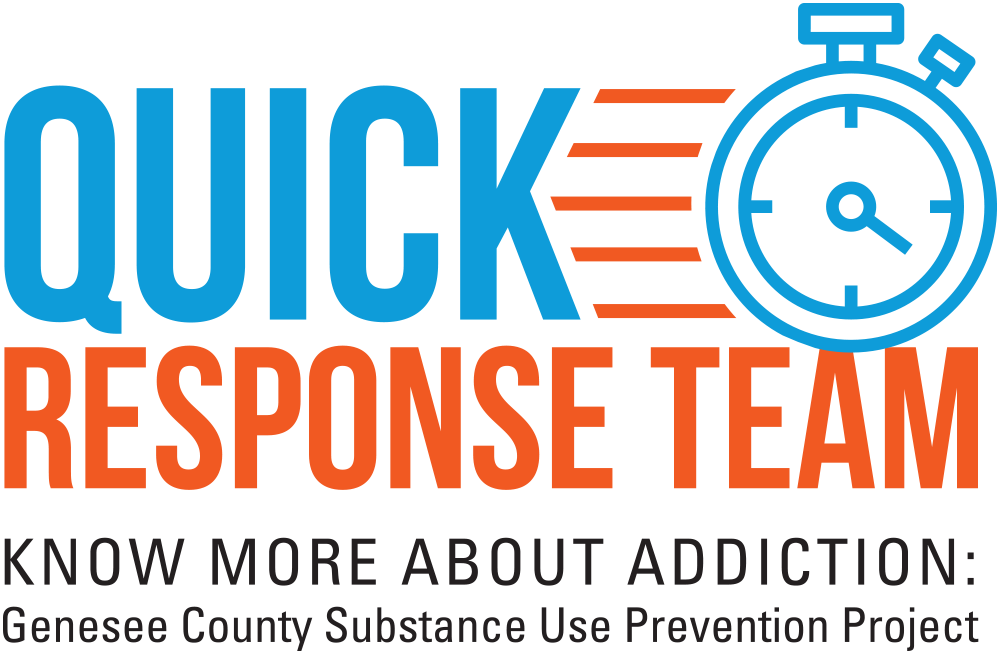If you have recently been prescribed an opioid, are concerned about or struggling with opioid addiction or know somebody that is, this resource will help you better understand opioids. Know more about opioids and get help if needed.
Opioid Epidemic
The opioid epidemic, a growing nationwide public emergency, does not discriminate the individuals and communities that it impacts. Genesee County is no exception. According to the Michigan Department of Health and Human Services, 131 Genesee County residents died of an opioid overdose in 2017, up from 120 in 20161. Many more are treated for an opioid overdose. As community members, parents, neighbors, and friends, there is an opportunity to become better informed and help those struggling with addiction.
What are Opioids?
Opioids are a class of drugs that include the illegal drug heroin, synthetic opioids such as fentanyl, and pain relievers available legally by prescription, such as oxycodone (OxyContin®), hydrocodone (Vicodin®), codeine, morphine, and many others.2 While many people benefit from using prescription opioid pain medications to manage pain under a health care provider’s direction, there is a risk of dependence and addiction. There is also a risk to the community when prescription drugs are diverted for improper use by others.
Know the Risks and Side Effects of Opioid Use
Prescription opioids have a serious risk of addiction and overdose, especially with long term use. The use of prescription opioids can have a number of side effects even when taken as directed. They include:
- Tolerance – meaning you might need to take more of a medication for the same pain relief
- Physical dependence – meaning you have symptoms of withdrawal when a medication is stopped
- Increased sensitivity to pain
- Constipation
- Nausea, vomiting, and dry mouth
- Sleepiness and dizziness
- Confusion
- Depression
- Low levels of testosterone that can result in lower sex drive, energy, and strength
- Itching and sweating3




